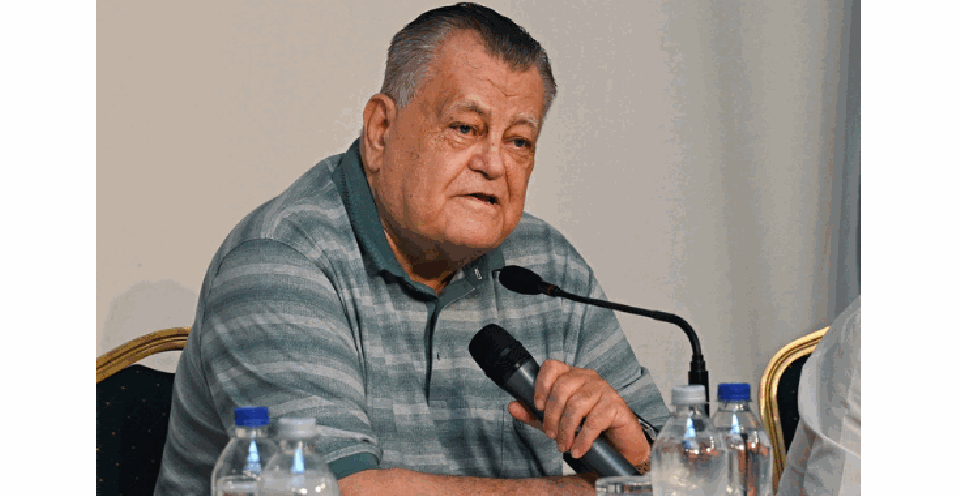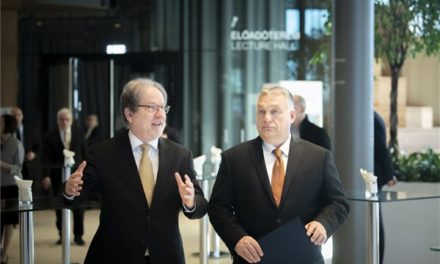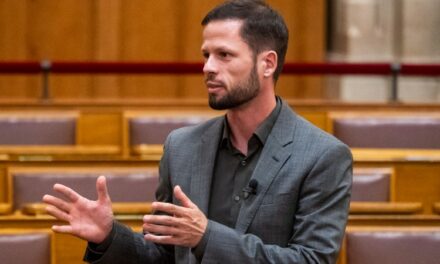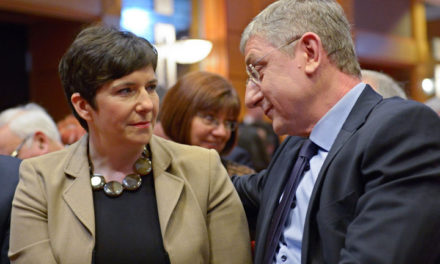The president and owner of Ikarus, Videoton and Műszertechnika Holdings was a daily guest of Trend FM, where he discussed the possibilities and future of electric bus production in the shadow of the prevailing economic situation with host Pál Emőd.
Gábor Széles told the presenter's question that Ikarus sold 12 120e electric buses to Székesfehérvár last year, and in addition, a bus was added to the Kaposvár service provider, a company from Czömör, and "We also sold several buses to Germany, the reference is slowly gathering," he said. the president and director of the company.
When asked how big the market for electric buses can be and how problematic the issue of range is, the businessman said: "Range is the least important aspect in this economic situation. For now, electric bus production is not as promising as it was last year, since there were, for example, state-supported bus exchange programs."
Regarding the crisis, Gábor Széles highlighted: It came at a rather bad time as an electric bus manufacturer, since we see that green developments have been pushed into the background in Germany too, despite the green party leadership. "The operators are now less interested in removing diesel-powered buses from service and replacing them with electric ones, as this is not a priority."
This is extremely true for Hungary, according to the businessman, who said: "It is not the most fortunate thing to restart Ikarus in this period." But he added: "In this situation, if we can pinch smaller stores in Germany, that's more than enough for us temporarily for the time being. The German economy is still the biggest purchaser of electric buses anyway."
The primary difference between diesel and electric buses is, of course, the purchase price, which was confirmed by the owner of the company: "Electric buses are more expensive, one and a half times, at most two times more expensive than diesel, but this can quickly pay for itself during operation."
Regardless, according to Gábor Széles, this technology is clearly advancing. According to the owner, we should not forget: "Meanwhile, the question of energy came into play, as it does not matter what the price of electricity is."
In the meantime, new energy sources such as LNG or hydrogen emerged. There is a lot of uncertainty in this regard as well. "A few months ago, everyone thought, for example, that America could handle LNG transportation. However, it turned out that it wasn't going to work."
Then the hydrogen cell was suggested as a fuel, but "experts say that for the time being, it will not be economical for cars and buses."
When asked whether the production of diesel buses could return, Gábor Széles said: "It cannot be ruled out that Ikarus will return to the sale and maintenance of diesel buses, but we do not want to return to production."
Speaking about the production capacity, the president of the company said: "According to the vain dream, 60 more buses should roll out of the factory this year, but there are also great uncertainties around the supply chains." However, he added: "We keep a large inventory, so we can certainly foresee up to 40 buses, but it is a complicated and complex process."
Gábor Széles said in this regard: "If we look at private companies, which number in the tens of thousands in Germany alone, they are not so capital-strong as to buy without a bank loan, so we had to develop a rental scheme, which the banks also vote for, and which does not burden the delivery company either you."
"This also required the trust that Ikarus was able to develop in the direction of the banks," noted the company's owner.
When asked whether it is necessary to slow down in this situation, Gábor Széles said: "If this situation does not develop, then we should have thought about expanding the workforce. Now we have to think about whether we can keep the existing workforce. This affects everyone, not just big companies.”
The owner emphasized: "You have to approach everything in such conditions much more pragmatically. New constructions and new market niches must be found."
The full article of Magyar Hírlap can be read here.
Photo: László Katona













